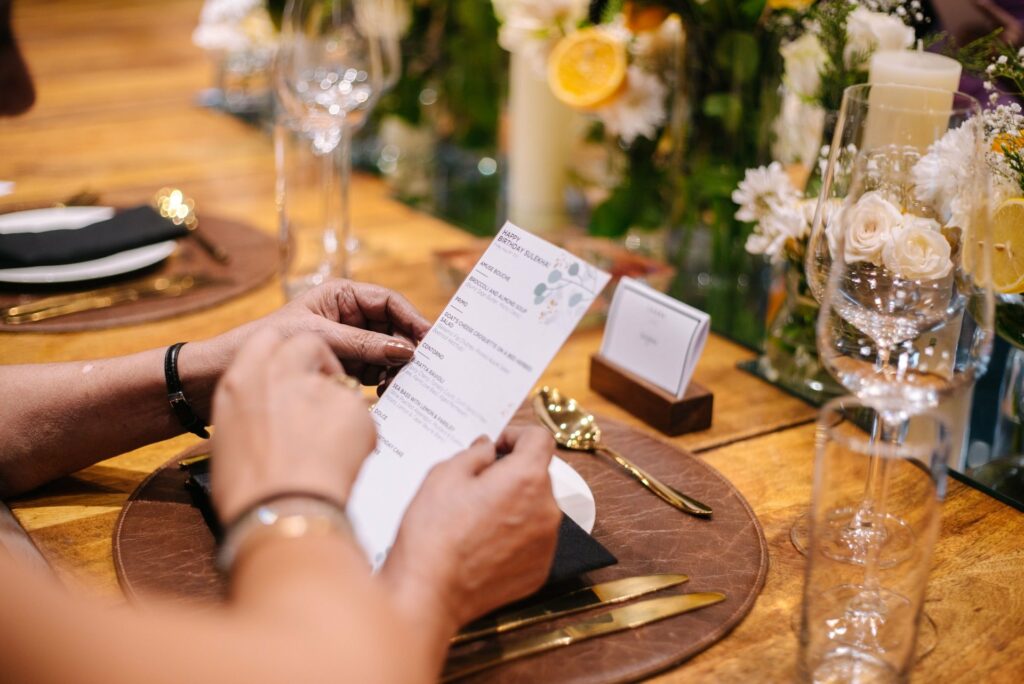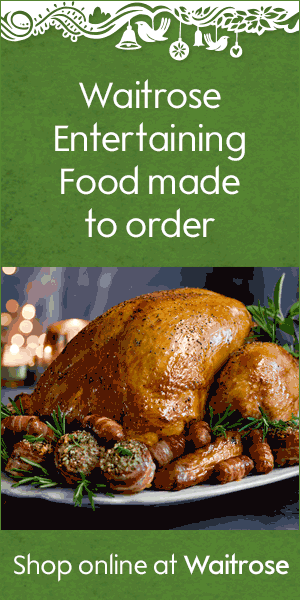
Planning a wedding involves countless decisions, and one of the most significant choices you’ll make is related to catering. Food can set the tone for your celebration, influencing both guest satisfaction and the overall atmosphere. Here are some important catering points to consider as you plan your wedding event.
1. Budget Considerations
Your catering budget will play a crucial role in determining the menu and services you can offer. Start by defining a clear budget for catering that fits within your overall wedding expenses. Keep in mind that catering costs can vary widely based on factors such as the number of guests, type of service (buffet, plated, family-style), and the complexity of the menu. Be transparent with your caterer about your budget to help them suggest options that will work for you.
2. Guest Count
Accurate guest counts are essential for effective catering. Early in your planning, try to estimate the number of guests you expect to invite. This figure will help you select the right portions and avoid waste. Many wedding and event catering services have minimum and maximum guest requirements, so understanding your count will help narrow down your options.
3. Menu Options
When it comes to the menu, think about the preferences and dietary restrictions of your guests. Offering a variety of choices, including vegetarian, vegan, and gluten-free options, ensures that everyone will find something they enjoy. Additionally, consider incorporating seasonal and local ingredients to enhance the freshness and flavor of your dishes. A tasting session with your caterer can help you finalize your menu and ensure it meets your expectations.
4. Service Style
The style of service can significantly impact your wedding experience. Common options include buffet service, plated dinners, food stations, and family-style serving. Each has its own vibe and logistics. For example, a buffet may encourage mingling and interaction, while a plated dinner offers a more formal atmosphere. Choose a style that aligns with your vision for the event.
5. Staffing Needs
Professional staff can make a huge difference in your guests’ experience. Ensure that your caterer provides enough servers, bartenders, and kitchen staff to handle the volume of food and drink smoothly. Well-trained staff can enhance service efficiency and contribute to a more enjoyable atmosphere for your guests.
6. Timing and Coordination
Catering is not just about food; it involves meticulous timing and coordination. Work closely with your caterer to establish a timeline for food preparation and service. This will help ensure that everything runs smoothly on your big day, from appetizers to the final course.
7. Tasting and Contracts
Always schedule a tasting session with your chosen caterer before finalizing your contract. This is your opportunity to sample the food and make any necessary adjustments. Additionally, thoroughly review the catering contract to understand the terms regarding deposits, cancellation policies, and any hidden fees.
In conclusion, choosing the right catering for your wedding is a vital component of your planning process. By considering your budget, guest count, menu options, service style, staffing needs, and timelines, you can create a memorable dining experience that your guests will cherish. With thoughtful planning and a great caterer, your wedding day can be as delicious as it is beautiful.


















